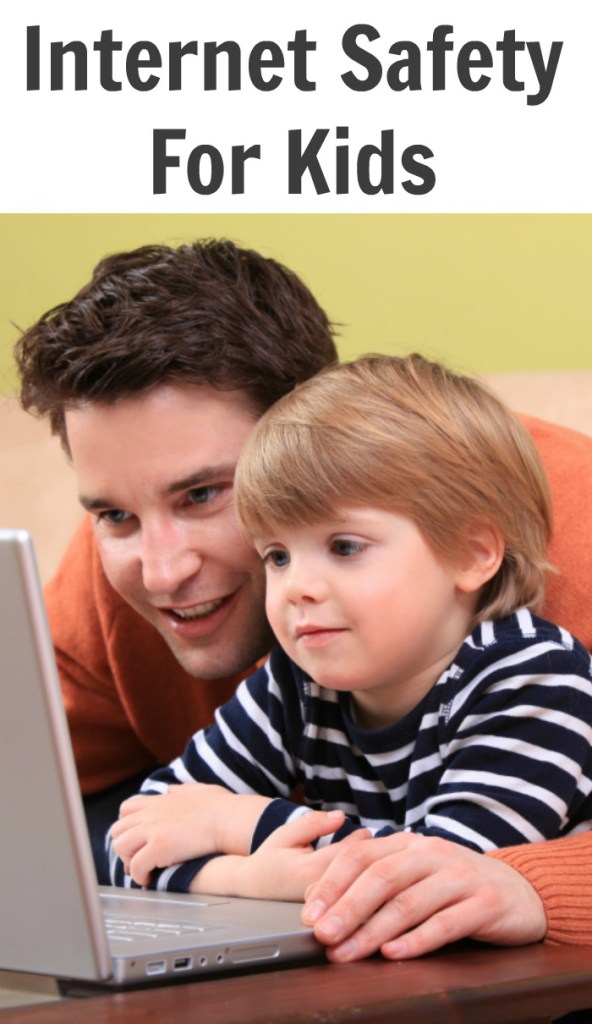The world can be a scary place these days. To make things worse, your child could be playing games and giving out personal information to perfect strangers online. These strangers may be portraying themselves as children, but could in fact be online predators. Here are some helpful tips I found to protect your child or children and keep them safe when they are online.
Internet Safety For Kids
Communicate, and talk to your child about sexual victimization and potential on-line danger.
Spend time with your children on-line. Have them teach you about their favorite on-line destinations.
Keep the computer in a common room in the house, not in your child’s bedroom. It is much more difficult for a computer-sex offender to communicate with a child when the computer screen is visible to a parent or another member of the household.
Utilize parental controls provided by your service provider and/or blocking software. While electronic chat can be a great place for children to make new friends and discuss various topics of interest, it is also prowled by computer-sex offenders. Use of chat rooms, in particular, should be heavily monitored. While parents should utilize these mechanisms, they should not totally rely on them.
Always maintain access to your child’s on-line account and randomly check his/her e-mail. Be aware that your child could be contacted through the U.S. Mail. Be up front with your child about your access and reasons why.
Teach your child the responsible use of the resources on-line. There is much more to the on-line experience than chat rooms.
Find out what computer safeguards are utilized by your child’s school, the public library, and at the homes of your child’s friends. These are all places, outside your normal supervision, where your child could encounter an on-line predator.
Understand, even if your child was a willing participant in any form of sexual exploitation, that he/she is not at fault and is the victim. The offender always bears the complete responsibility for his or her actions.
Instruct your children:
- to never arrange a face-to-face meeting with someone they met on- line;
- to never upload (post) pictures of themselves onto the Internet or on-line service to people they do not personally know;
- to never give out identifying information such as their name, home address, school name, or telephone number;
- to never download pictures from an unknown source, as there is a good chance there could be sexually explicit images;
- to never respond to messages or bulletin board postings that are suggestive, obscene, belligerent, or harassing;
- that whatever they are told on-line may or may not be true.
Check out these resources for additional information:
The post Internet Safety For Kids appeared first on Thinking Outside The Sandbox Family DIY, Recipes, Autism, Kids.








